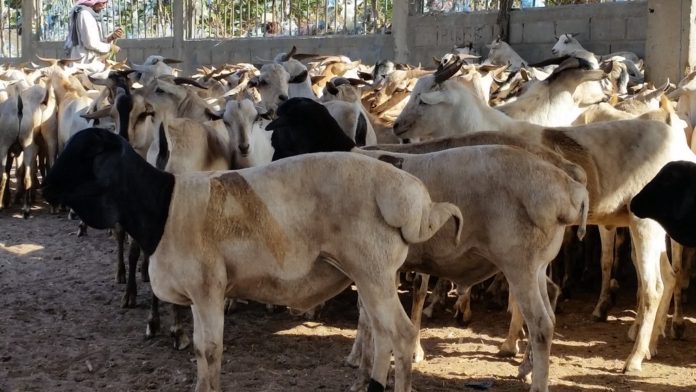ISLAMABAD (ABC) – Pakistan needs disease-free zones to boost livestock exports. Livestock diseases have significant economic impacts in terms of reducing productivity, increasing production costs, and limiting the market access, M. Ashfaq, Senior Scientific Officer (SSO) at the National Agricultural Research Council (NARC), told WealthPK.
“Livestock plays a substantial role in the agriculture sector. More than 50-51% of Pakistan’s population is involved in agro-based activities.
Livestock provides income and employment to the people.
It can also boost our economy by adding up to the foreign exchange reserves, but diseases in the livestock are affecting the economy as well as producers,” he said.
“Pakistan can showcase its commitment to ensuring the safety and health of its livestock by establishing disease-free zones, which would help boost its reputation as a dependable supplier of top-notch livestock products in global markets.
“This can be achieved by prioritizing strict measures for disease prevention and control, such as vaccination programs, biosecurity protocols, and regular monitoring.
Such initiatives would lead to healthier livestock populations with a reduced prevalence of diseases, which would ultimately enhance the quality of exported animals and products,” said Ashfaq.
“Many importing countries have strict regulations regarding animal health and food safety. Establishing disease-free zones can help meet these requirements, making it easier for Pakistani livestock products to access international markets.
This could expand export opportunities and increase competitiveness in the global market.
“The countries that have achieved disease-free status are more likely to establish trade partnerships with each other.
By creating disease-free zones, Pakistan can negotiate trade agreements with the other countries that prioritize animal health and safety, thereby expanding its export markets.
Additionally, Pakistan can learn from countries that have made remarkable achievements in livestock disease control like China,” he said.
“China has made remarkable strides in recent years in controlling and preventing livestock diseases, and there are valuable lessons that Pakistan can learn from its experiences.
“One key aspect that Pakistan can learn from China is the emphasis on a holistic and integrated approach to disease control.
China has successfully implemented comprehensive strategies that encompass early detection, efficient diagnosis, and timely intervention.
By adopting a similar approach, Pakistan can strengthen its disease surveillance systems, implement rapid diagnostic technologies, and ensure swift response mechanisms to contain outbreaks before they escalate,” the NARC senior scientist said.

